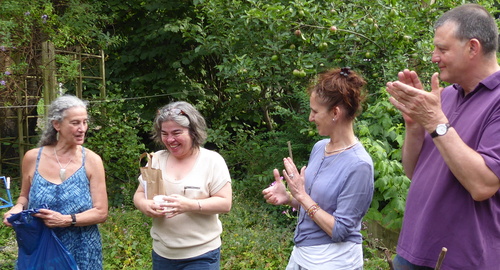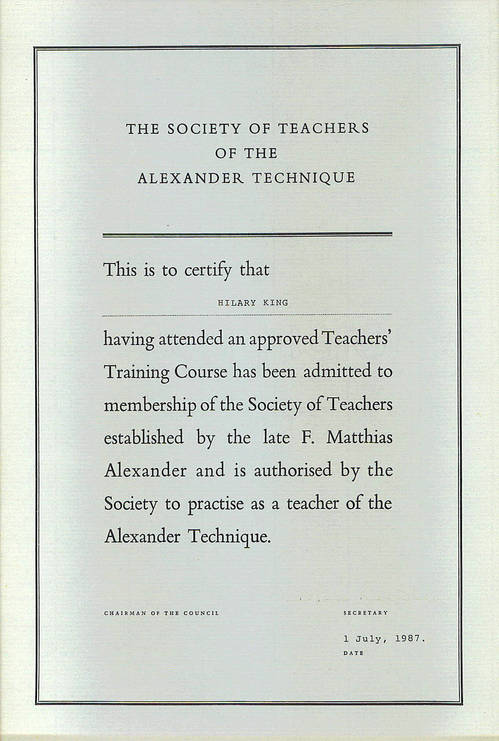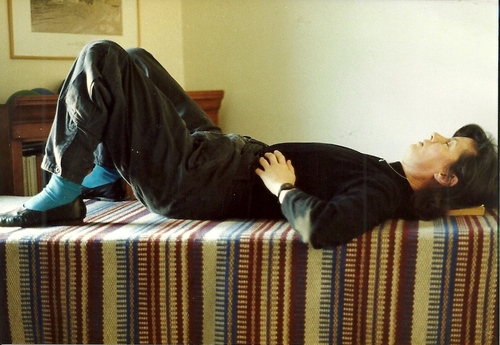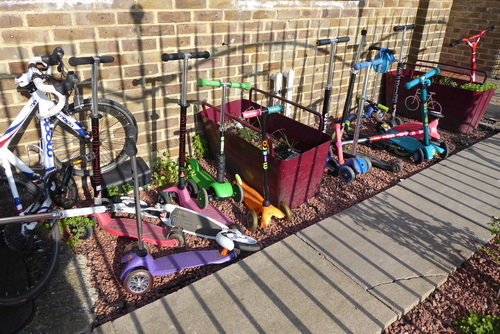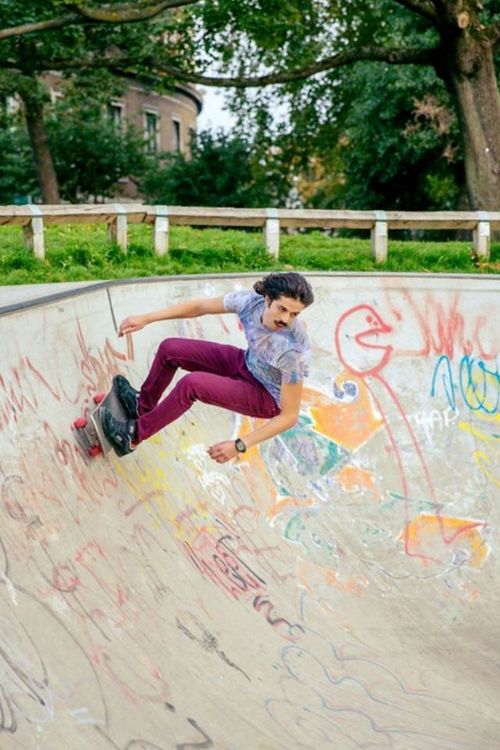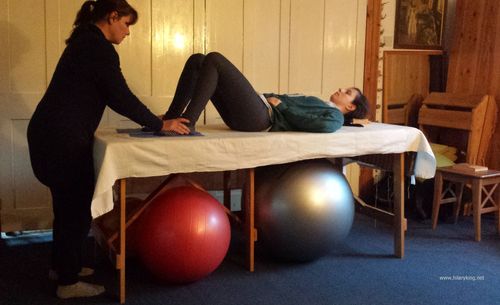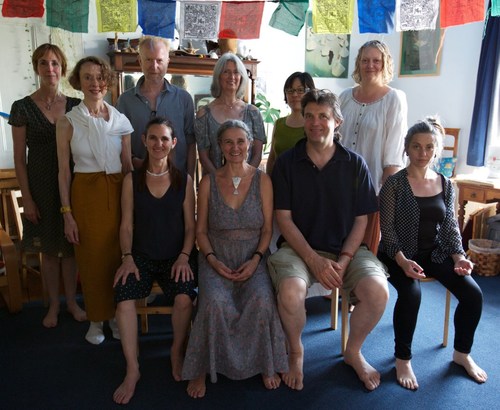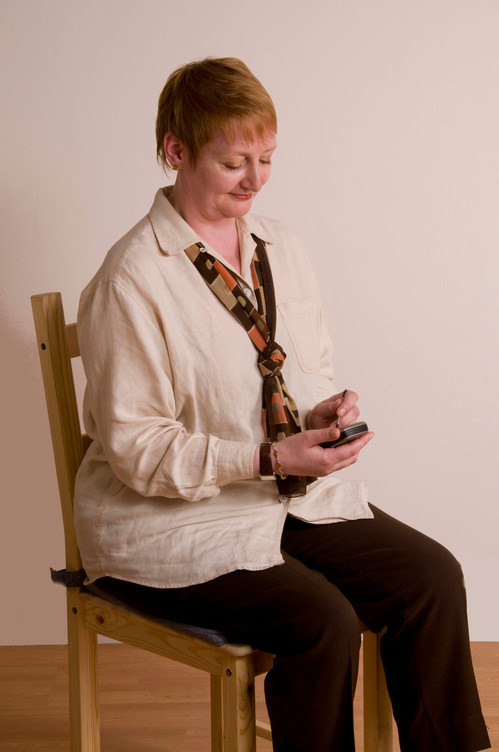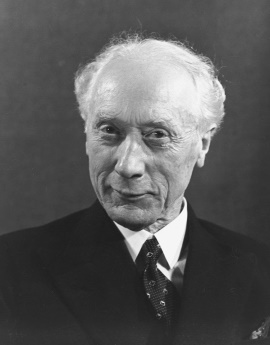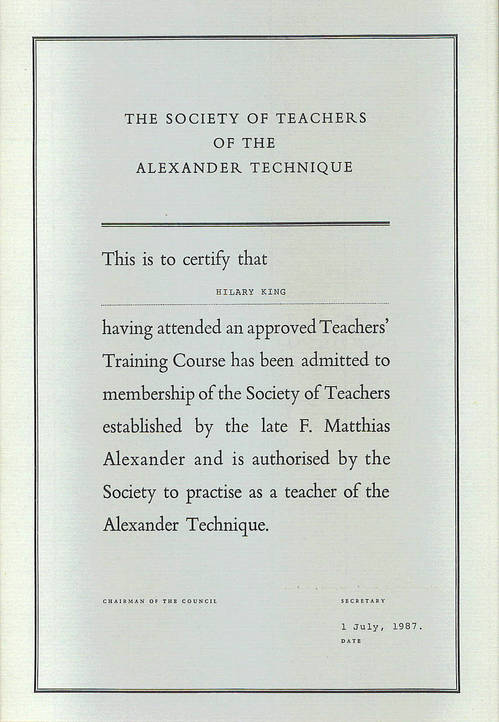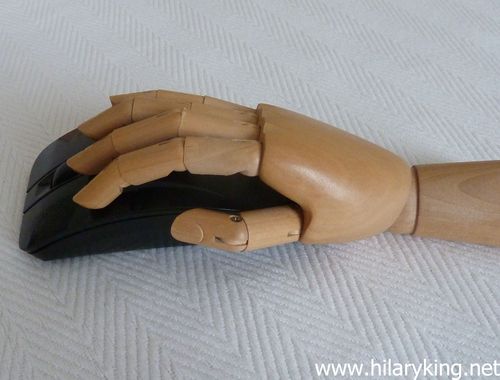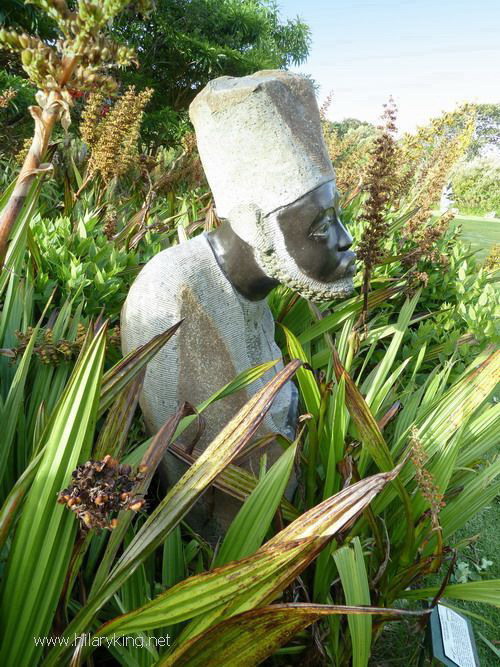Teaching the Alexander Technique for Thirty Years
And I Still Love my Work!
Look After Your Back When You Cough and Sneeze
Hay Fever!
An osteopath friend told me that some patients go to her because they hurt their backs when sneezing and coughing. I remembered this again now because the pollen count has been high so I have been suffering with hay fever over the last few weeks and have been sneezing a lot! My family and my pupils are used to me sneezing, often 8 times in a row, so I have had lots of time to think about how to look after myself when I do so.
During wintry weather, people with heavy coughs and colds may also seek the osteopath’s help – unless they find a way of avoiding this problem to begin with by looking after their backs, for instance through having Alexander Technique lessons. You may well ask ‘how can using the AT help you when you sneeze?’ Read on…..
Sneezing and Coughing Create Strong Spasms
One of the main reasons that back problems can happen when sneezing and coughing, is that when we hold ourselves in a fixed or twisted manner, with locked knees, contracted muscles and habitual tension in the lower, lumbar region of the back, this tightness will be increased by the spasms of coughing and sneezing. The spasms will obviously be more exaggerated if you have long bouts of coughing so that the jolting can strain your muscles, sometimes even damaging an intervertebral disc, causing great pain.
Bend Your Knees When You Cough and Sneeze!
However, if we learn to unlock our hips, knees and ankles so that they can bend, this can help our back to be freely lengthening, so the muscles are able to respond more elastically as our ribs expand and contract with the sneezing and the jolt can be softened so that it ripples through us, rather than straining us. This way of sneezing and coughing can also be helpful for people after having abdominal surgery, possibly with the addition of holding the abdomen for extra support during the sneeze – something I found incredibly helpful after having major surgery.
So I will sometimes, as a small part of their AT lessons, work with my pupils to help them find a way of sneezing and coughing so they look after their backs – yet another activity to explore performing with optimal body-use!
The more able you are to have free, balanced and elastic body-use, unlocked knees and a free neck and back, the more resilient your muscles will be during and after each spasm. Remember to let the tension go again that inevitably built up during coughing and sneezing, so that you do not take that with you into your next activity.
Even if you have not had Alexander Lessons and learned how to do this in a AT way, you can help protect your back if you remember to bend your knees, so you let your legs act as the shock absorbers they are designed to be.
Could Using a Scooter Make Children Lopsided?
Big Garden Birdwatch – take care of your neck and back
Do you join in RSPB’s Big Garden Birdwatch?
The Big Garden Birdwatch is useful, as well as being fun! Encourage your children to join you in monitoring the birds for the hour. You can do this in local parks such as Clissold Park, Finsbury Park, or even from your window at home.
This annual survey is the largest example of citizen science in the world! Your findings will add to the information that has been built up over three decades about the state of the UK’s native birdlife. This information shows which birds are thriving and which are in decline. It also gives an indication about the health of our environment as a whole.
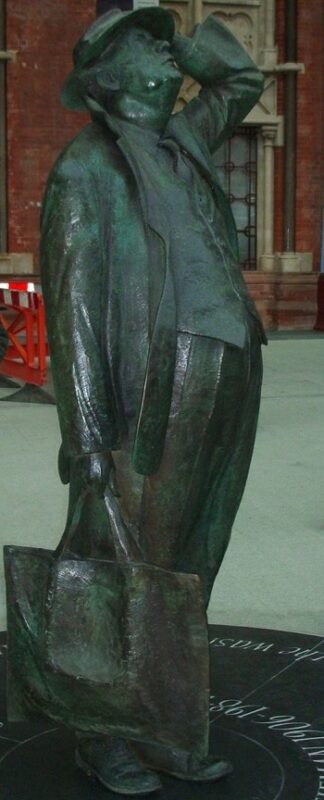
Sir John Betjeman by Martin Jennings
How do you look up for ages without hurting your neck and back?
This delightful sculpture of Sir John Betjeman by Martin Jennings in St Pancras Station shows some of the problems well. As he looks up, Sir John’s neck is contracted and compressed. His lower back is arched into a lordosis, which thrusts lots of weight down into his lumbar spine. His arm is lifted, much as it would be to use binoculars. But I wonder, is he holding his hat on as he looks upwards towards the splendid roof, or is he protecting his neck by taking some of the weight of his head in his hand – or both?
Birdwatching can cause problems for our necks and backs!
If you are using binoculars, or looking up to see what bird is sitting in the treetops, your neck and shoulders can get very contracted, tense and jammed up. A good challenge is to look right up to the top of the Tate Modern tower, to where peregrine falcons often sit and sometimes nest. Can you do this without scrunching up your neck? How do you do that?
I know from bitter experience, that we need to apply what we have learnt in Alexander lessons! Remember to keep freeing your neck and maintaining as much length as possible in both your neck and spine as you look up and around. Allow your neck to lengthen out again at frequent intervals. Keep your arms and shoulders free and loose, allowing them to drop down regularly. Are you using heavy binoculars? You could try using a wide strap to spread the weight, rather than pressing it into your neck.
It’s easy to arch your back if you’re looking up like Sir John and end up with back pain and neck ache. However, if you are aware of your body use and maintain the length in your spine, you’ll hopefully avoid discomfort. You might be wise to lie down in semi-supine afterwards, to let go of the scrunching and allow yourself ease and unwind.
Have an enjoyable Birdwatch!
Alexander Teacher Training
It is always good to see some new Alexander Technique teachers qualifying from the London Centre of Alexander Teaching and Training, LCATT, teacher training course and to know that I have contributed to their experience of learning how to teach the AT.
Texting Gaming Posting and Text Neck
Do you spend hours at a time using your smart phone and tablet?
Habits Decide Our Futures
F M Alexander’s work centred on the role of habits in our lives.
Teaching the Alexander Technique
I’ve been teaching the Alexander Technique for 29 years!
Overwork and Study Pressures Can Harm You
Studying can damage you – if you mis-use yourself
Offices and performances have deadlines and exams get students working long hours. Some people will be damaging their health in the process. This has been understood for a long time. As Mary Wollstonecraft said in A Vindication of the Rights of Woman 1792, ‘People of genius have, very frequently, impaired their constitutions by study or careless inattention to their health’
People still pressure themselves into over-working intensely (in-tense-ly – get it? ) at the expense of their health, whether it is reaching deadlines for the boss, feeling stressed, aiming for high scores in exams, over-practising on a musical instrument, or pushing themselves way beyond their natural limits in dance or sports. The end gaining ‘no pain no gain’ attitude has, unfortunately, led to many injuries over the years, which so often stop the person working or performing altogether. We don’t need to do that. How much better when we pace ourselves and are mindful of how we are using our bodies, particularly under stress.
 Be mindful of your habits and how much tension you put into your mouse hand
Be mindful of your habits and how much tension you put into your mouse hand
Don’t mindlessly ‘Keep going until it’s finished’, without taking breaks
‘The Scholar’ by Tapfuma Gusta
